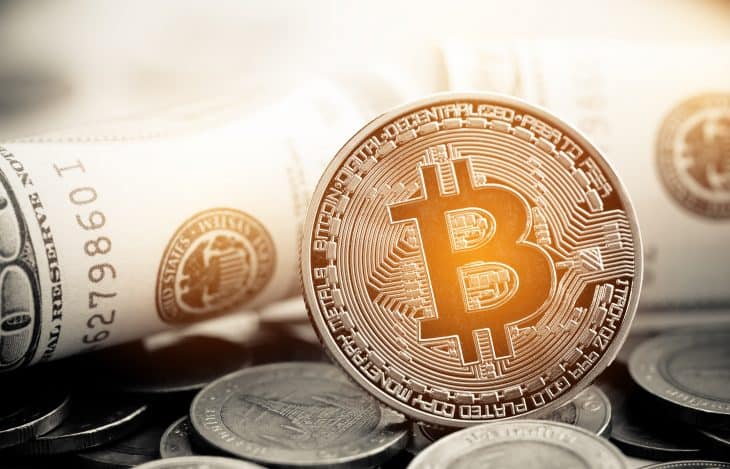
A new concept emerged when fingers pointed at governments and large financial institutions as the ones behind the 2008 global financial crisis. In the aftermath of the financial crisis, a mysterious character named Satoshi Nakamoto introduced Bitcoin and its underpinning technology, blockchain. Become a Bitcoin trader today by visiting immediate connect to join an excellent Bitcoin trading platform for both beginners and experienced crypto traders.
The introduction of Bitcoin provided an alternative to the conventional centralized financial system. This innovation takes away power and control from the government and the financial institutions and distributes the typical user. That is because blockchain technology provides a decentralized platform that supports peer-to-peer transactions.
You can also benefit directly from investing in Bitcoin and becoming part of its social change.
Creating New Community
While Bitcoin may be more of a financial or economic innovation with financial and economic effects, it is now becoming apparent that it also has social consequences. Overall, the introduction of crypto has created a new community of crypto enthusiasts, including people who use and follow crypto news.
For example, a group calls itself ‘True Bitcoiners’ on Reddit. This group comprises Bitcoin enthusiasts from all over the world. True Bitcoiners are loyal to Bitcoin and have strong trust in it. They act as Bitcoin agents who try to sell Bitcoin to the world and convince people of its usefulness and advantages over the centralized financial system.
With Bitcoin continuing to grow in popularity, we will likely see more Bitcoin communities emerging. And this represents social change because it disrupts the current social structure by creating new communities that believe in Bitcoin. These communities are not just Bitcoin users but are more concerned with the more significant positive effects that Bitcoin can have on society.
Fighting Corruption
Bitcoin can bring social change by eliminating corruption and other unethical practices plaguing our societies. Corruption has been a significant problem affecting many governments and institutions worldwide. And this has led to the loss of resources that would have benefited the community.
Bitcoin’s decentralized blockchain provides a transparent and immutable platform for transacting. Corruption cannot occur on this platform because everyone on the network sees the permanently recorded transaction for the sent or received funds. Corrupt officials cannot try to delete or alter entries on the blockchain, making it easy to detect any corrupt deals and take proper action.
Democratizing Finance
Bitcoin could also enhance social change by improving the democratization of finance. Democratization implies that more entities share power and control broadly. It ensures the concentration of power and control on one or just a few parties, as has often happened in the centralized system.
Bitcoin decentralizes control by eliminating government and other intermediaries. Instead, an extensive network of users worldwide shared control and management of Bitcoin. And this includes ordinary people. The implication is that society has the power in governance and social development.
In terms of accessing financial services, Bitcoin promises to solve the perennial problem of financial exclusion that has plagued many countries. As a decentralized system, it does not place unnecessary restrictions on people to access financial services. Bitcoin will make financial services more accessible and bring many hitherto uncovered people on board.
What Lies Ahead
There is no doubt that Bitcoin and blockchain will continue to grow in popularity in the foreseeable future. And this means that the effects of these innovations will continue to grow and expand. As more people embrace Bitcoin and realize its potential to empower them economically and socially, they will enjoy the shift of power from governments and corporations to them.
Was this page helpful?
Our commitment to delivering trustworthy and engaging content is at the heart of what we do. Each fact on our site is contributed by real users like you, bringing a wealth of diverse insights and information. To ensure the highest standards of accuracy and reliability, our dedicated editors meticulously review each submission. This process guarantees that the facts we share are not only fascinating but also credible. Trust in our commitment to quality and authenticity as you explore and learn with us.


